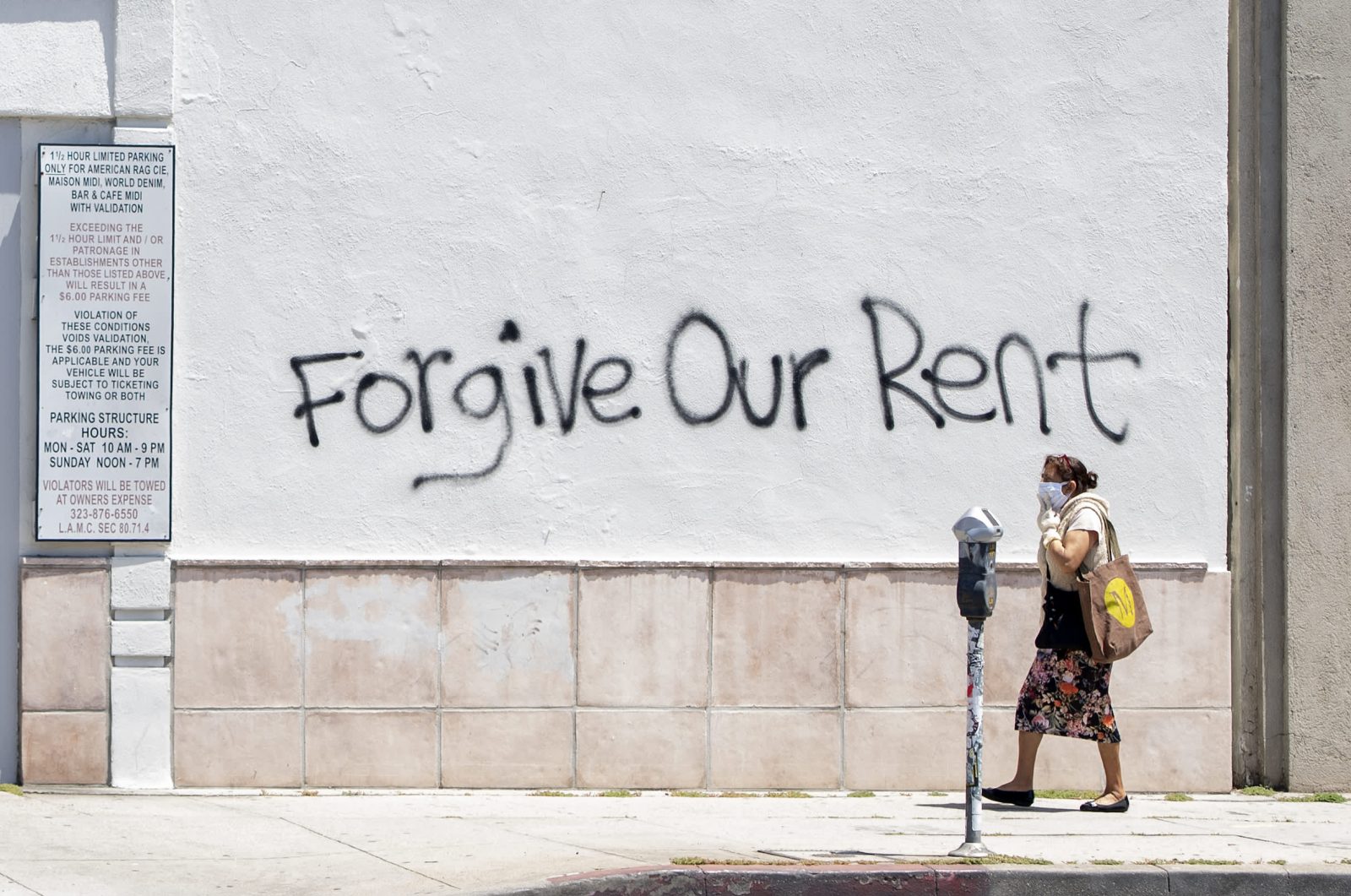The number of people facing eviction on the rise amid COVID 19 pandemic

WATERLOO, Iowa – Legal experts said the number of people getting eviction notices was going up since the state’s eviction moratorium expired in late May. People in Iowa were only covered under a CDC eviction moratorium.
“The CDC moratorium started September 4,” said Alex Kornya, the Iowa Legal Aid Litigation Director.
He said this new moratorium was different than the state and CARES Act. It asked tenants to promise five requirements to their landlords in writing.
Make under a certain income. Swear you have done your best to make payments and exhausted all other resources, and you have a loss of income or hours due to COVID 19.
“I’m still amazed how many people don’t know about this resource,” said Sara Buck, the City of Cedar Rapids’ Housing Program Manager.
Buck heads the city’s Eviction Prevention program and said the number of people needing resources was going up.
“The extended closures due to COVID 19 hit people hard,” said Buck. “Back in July, people received some of those additional subsidies through the federal government for the cares act, unemployment, and a stimulus check. Some of that funding has started drying up.”
Her program paid landlords up to three months of tenants’ rent and utilities. People would need to prove they lost income because of COVID 19. She said the city would try to verify with employers. She said her program has helped over 200 families with $340 thousand in rental and utility payments.
“We knew that rent was still going to be due to landlords, and we knew that landlords would still be struggling with just not receiving rent,” she said.
Only some cities were getting money to help keep people in their homes. Others were having to apply through the state finance department. The department could help someone with up to four months’ rental assistance. At the end of the day, Kornya and Buck wanted people to know there was help for people struggling to keep a roof over their heads.
“We typically saw people just leave their units,” she said. “They knew they couldn’t pay their rent and would leave their units, and then we find out later that we could fight the evection, or provide some form of assistance.”
